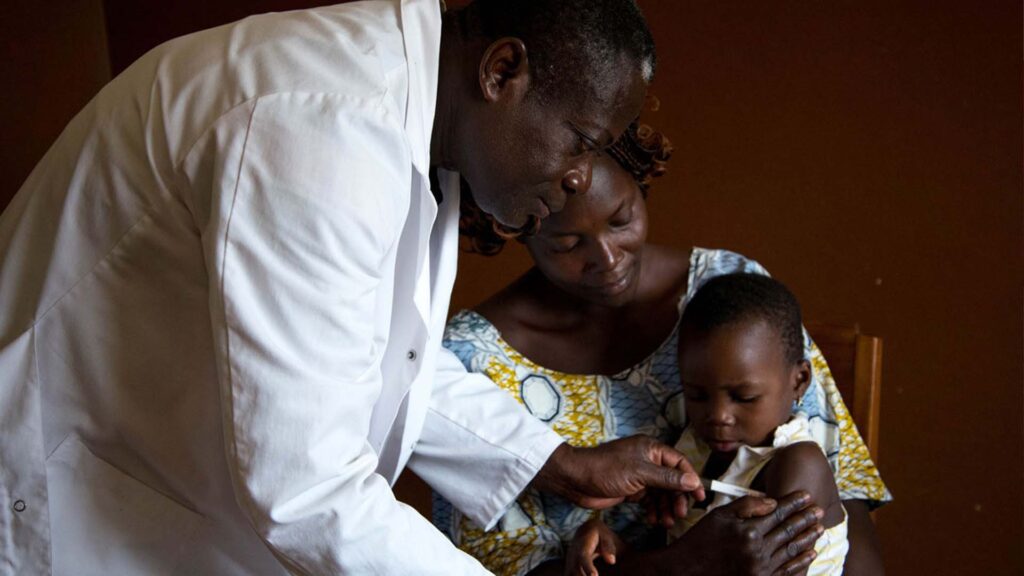Integrating Palliative Care At All Levels Of Health Care
- Hospaz
- Integrating Palliative Care At All Levels Of Health Care
Integrating palliative care at all levels of health care
Ideally palliative care should be available at all levels, from health facility to community to home. Integration takes place where the providers are in order to promote comprehensive services, avoid vertical programmes, share the work and promote quality of care. Areas where integration can take place include: Palliative care and prevention, treatment of HIV and AIDS related diseases, ART, primary health care, PMTCT/PPTCT, TB care services, needs of orphans and vulnerable children and the elderly.

